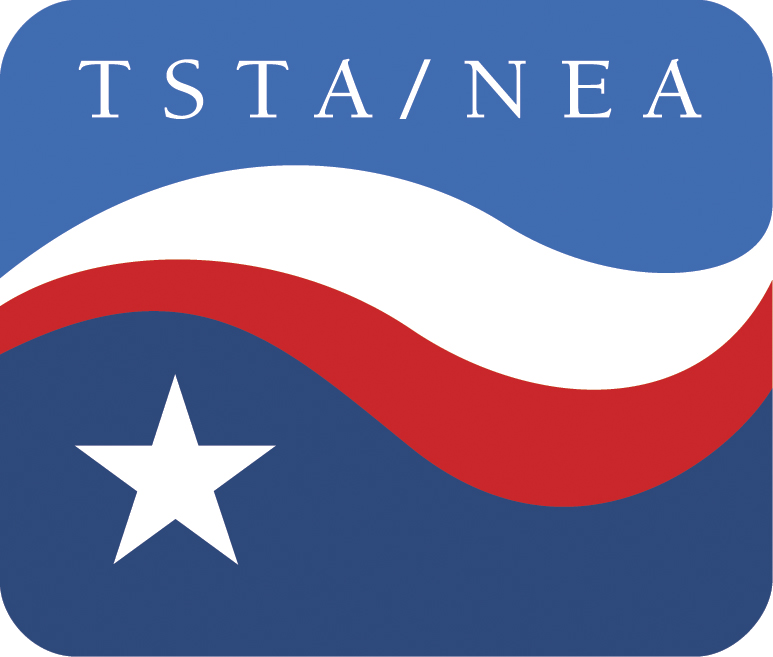Legislature Approves Senate Bill 1
The House and the Senate on Tuesday approved the conference committee report on Senate Bill 1, a budget-related bill and the main reason the special session was called. The Senate then adjourned its part of the session one day early, and the House was expected to adjourn sine die later this evening.
The Senate approved the conference committee report, 21-9. The House approved the bill, 80-57, a few hours later, sending the measure to the governor. But the vote in the House was not without drama. The House initially rejected the conference committee report, 79-64, which could have required Gov. Rick Perry to call a second special session. But after House Republicans caucused for almost an hour, everyone returned to the floor, a motion was made to reconsider, and SB1 was approved.
SB1 is necessary to balance the new state budget passed during the regular session. It includes a number of payment deferrals, tax accelerations and other accounting tools projected to raise $3.5 billion for the overall budget.
SB1 also distributes $4 billion in cuts to the Foundation School Program among the state’s 1,000-plus school districts. During the 2011-2012 school year, those cuts will average about 6 percent from each district. During 2012-2013, the cuts will fall heaviest on the wealthier districts. The bill also provides that through 2015 the Legislature will fund school districts based on what state revenue is available, as it did this year, not on what the school finance formulas require. This is a dramatic departure from the school finance law that has been on the books for more than 60 years.
SB1 allows certain charter schools to receive funding per student in weighted average daily attendance, subject to certain restrictions. The bill changes the driver for the minimum salary schedule to match up with the school finance portions of the bill and adjusts the basic allotment and state compression percentage.
The bill incorporates language from Senate Education Chairwoman Shapiro’s SB597, allowing certain open-enrollment charter schools that meet financial standards adopted by the state education commissioner to participate in the state bond guarantee program for facilities construction. The financial standards require a charter school to have an investment grade credit rating. The bonds are guaranteed by the Permanent School Fund.
SB1 also incorporates the language from Sen. Shapiro’s virtual school network bill, SB1483, requiring a school district or open-enrollment charter school to give students the opportunity to enroll in electronic courses provided through the state virtual school network. The bill also addresses funding of virtual courses through the Foundation School Program. The funding would be based on actual, successful completion of a virtual course. The bill addresses IDEA concerns for students with special needs taking virtual courses and lays out TEKS requirements for courses in the virtual school network.
House authors, meanwhile, killed House Bills 17, 19, 20 and 21, bills with anti-teacher provisions. Most of those provisions, however, are in Senate Bill 8, which was approved by lawmakers and sent to the governor on Monday.
